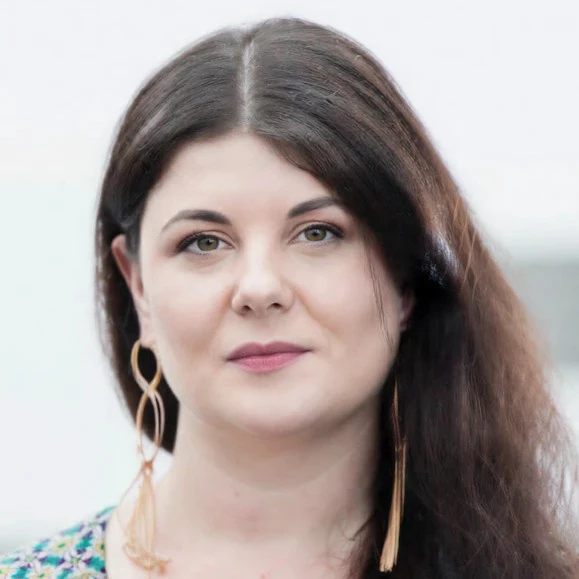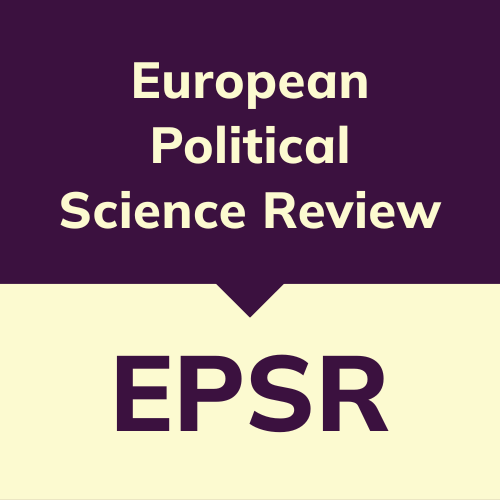European Political Science Review (EPSR)
Published in association with Cambridge University Press
5.1 CiteScore 2024
69/738 Political Science and International Relations Scopus 2023
63/322 Political Science Journal Citation Reports (Clarivate Analytics) 2024
2.5 Impact Factor 2024
About the Journal
European Political Science Review (EPSR) publishes high quality scholarly research in political science, focusing on the most important debates in the discipline. and demonstrating the highest possible standards in conceptualisation, theorisation and methodology.
It publishes empirical papers based on qualitative or quantitative methodologies whose research is placed within the context of larger (theoretical) debates in the discipline. The journal also welcomes conceptual and theoretical papers as well as contributions from the field of normative political theory.
EPSR is not concerned solely with European political issues, nor is it conceived as exclusively for European scholars, publishing submissions dealing with global issues and non-European topics.
Editorial team

Theofanis Exadaktylos
University of Surrey

Alia Middleton
University of Surrey

Marina Costa Lobo
Universidade de Lisboa
Submissions
EPSR accepts the following article types:
- Research Article
- State-of-the-Field Review
- Research Note
Before submitting your work, please review our author guidelines. Please make sure you fully anonymise your manuscript, observe the word count for your article type and prepare your files in the correct format.
When your article is ready, please submit your manuscript here.
The costs of Open Publication in EPSR will be covered through agreements between the publisher and the author’s institution, payment of APCs by funding bodies, or else waived entirely, ensuring every author can publish and enjoy the benefits of OA.
EPSR Early Careers Prize
The EPSR Early Careers Prize is awarded biennially to the best article by an early career scholar appearing in a volume of European Political Science Review published i the previous two years.
The prize is awarded for an article which produces inventive and momentous research on politics. The article must have been written by a scholar who is either pre-PhD or who has received their doctorate within five years of their article’s publication.
EPSR seeks to create a forum for innovative, path-breaking studies. It actively encourages scholars who have recently gained their PhDs to submit articles to the journal for consideration.
The Prize was first awarded in spring 2023, covering Volumes 13 and 14 of EPSR.
The Prize fund is £500 and is generously co-sponsored by EPSR’s publisher, Cambridge University Press.

